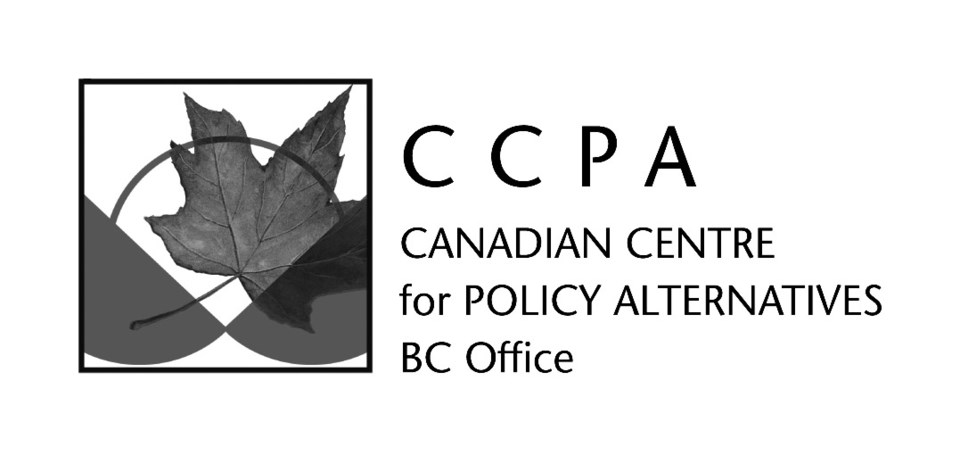B.C. seniors have less access to more affordable subsidized assisted living than they did in 2008 despite the growing population of seniors.
The Canadian Centre for Policy Alternatives has published a report, Assisted Living in British Columbia: Trends in access, affordability and ownership, that said in four out of five regional health authorities access to subsidized units has declined between 25 and 11 per cent between 2008 and 2017.
Northern Health did not see a decline but the five per cent increase does not meet the needs of seniors in the region.
Senior couples at the median income of $61,900 would need to spend 39 per cent of their income on rent for a private bachelor assisted living unit and 58 per cent of their income for a one-bedroom unit. For seniors living alone even a private bachelor assisted living unit would require 80 per cent of their income. Canada Mortgage and Housing set the rate of affordable housing at 30 per cent of annual income.
While subsidized assisted living unit numbers dropped, private pay units increased. There were 1,130 units added in B.C. between 2008 and 2017.
“Without access to subsidized assisted living, seniors who can’t afford to pay privately may go without care altogether or wait until their health deteriorates to the point of requiring a nursing home or hospitalization,” report author Andrew Longhurst said. “This situation does not serve seniors or our public health care system well at all.”
The study also raised concerns about how for-profit companies and corporate chains are a growing presence in the assisted living sector. For-profit corporations provide the vast majority of private-pay units, while non-profits provide the majority of publicly subsidized units.
To see the Assisted Living in British Columbia: Trends in access, affordability and ownership report visit www.policyalternatives.ca.



